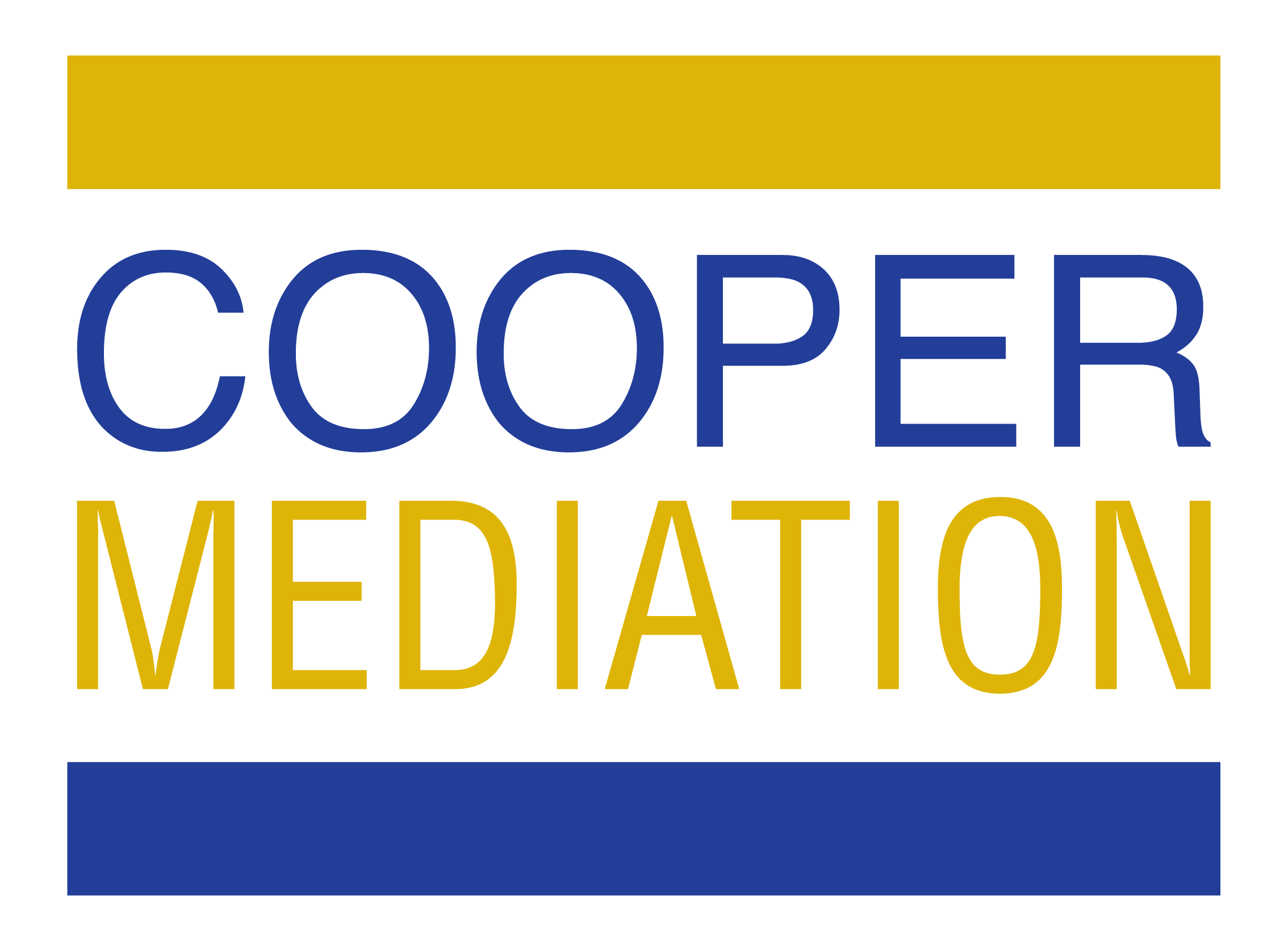
30 Sep What I Learned From Conducting A 7 Party Half-Day Mediation (And Countless Other Half-Day Multi-Party Mediations)
If it takes two to tango, what do you get when you invite seven parties to dance together? A flash mob?
While facilitating discussions between seven parties at one recent mediation, I can certainly say that having a full dance card made for a very busy day. But, in the end, it also resulted in a negotiated settlement that benefited everyone.
How did we ultimately get there and what did I learn in the process of conducting a seven-party mediation in half a day and countless other half-day mediations over the years? In this blog, I answer those questions and offer tips for making the most of multi-party mediations.
Control the Process, Not the Parties
“It was a 2 pm afternoon mandatory mediation,” remembers a senior plaintiff lawyer. “Seven parties involved. My client was facing two deductibles and threshold arguments. By 6:30, I was more than ready to call it a day. Jon convinced me to keep working at it, as he saw a light at the end of the tunnel. By 8:30, the offer was now within the range of potential agreement and we could resolve the case. Jon kept working with everyone until we got everything done.”
You might think that successful multi-party negotiations require a mediator to gain control over the parties in the room and help lead them to common ground. Indeed, when there are many people participating in negotiations there is definitely a role for reading the room and understanding the personalities in the mix.
However, if a mediator wants to set up the parties for success, (s)he must get control of the process rather than trying to wrangle with the people. As many have said, the objective is to separate the people from the problem and/or the process.
Preparedness
The process must be clearly defined for all parties in advance. What does this entail?
First, timing is key. Whenever possible, a full-day mediation is preferable in multi-party cases. These cases are simply not good candidates for half-day bookings because there may not be adequate time for each party to participate in a meaningful way…unless everyone agrees that dinner should be ordered. In a multi-party mediation where parties decide to discuss the issues substantively in a joint-session, openings typically last at least an hour. Participants are left with only two hours to try to resolve outstanding issues between multiple parties. Moreover, if multiple issues require resolution, if multiple parties need time to confer with one another in breakout sessions, or if certain parties must be kept separate during negotiations, the ticking clock of a half-day session ramps up pressure; that’s usually not a good ingredient for reaching a settlement.
Second, the right participants need to be at the table. If a decision-maker is not present, or a deal requires arranging outside communication for approval, it can slow down or sometimes completely derail a mediation. When arranging a multi-party mediation, participants should ensure decision-makers are present or their proxies have sufficient authority / instructions to negotiate.
Third, information is everything! If multi-party sessions are to have any chance of success, there must be sufficient information available for parties to make an educated decision on an offer at the table versus a day in court. Moreover, if a participant requires approval from an outside decision-maker to make / accept offers within a certain range, having this information well ahead of the mediation will give them time to consider their options. I recommend a minimum 30-day deadline in advance of a mediation to have all pertinent information shared among the parties. At Cooper Mediation, we offer Case Managed Mediations. This process helps parties to accomplish all necessary steps before examinations for discovery, after examinations for discovery, and before and after the first mediation. At minimum, a pre-mediation conversation could help everyone make the most of the day by creating a space/process for the decision-makers representing each party.
Finally, on your mark, get set, go! Parties should come to the table with reasonable expectations for the zone of possible agreement, and plaintiffs should have their initial demand ready to be presented immediately; the same is true for defendants. When there are multiple defendants, settlement discussions regarding apportionment of liability and/or funding should take place in advance of mediation if at all possible. Multi-party mediations often have multiple rounds of offers. When time is of the essence, it’s best to get right down to business.
Why/Why Not A Multi-Party Mediation?
Multi-party mediations help spread the costs of a mediation over many parties, which can be quite an incentive to participants, but adding more people to the mix does add complexity and potential pitfalls if you’re not well-prepared. Moreover, the prospects for successful resolution are only as good as the weakest link. Thus, cooperation amongst parties similarly aligned and even amongst parties at odds with one another will maximize prospects for success.
In addition to the comments I have offered above, it’s important to consider whether a multi-party mediation is in your interest. One way to determine whether this style of negotiations is a good fit is to participate in a pre-mediation conference to identify issues and agree to the process. Of course, if there are multiple parties in a civil action, the parties may not have any choice but to proceed as a multi-party mediation (though there are other processes available to the party such as a pre-mediation or preliminary mediation to discuss liability or damages, etc).
Discussions in advance of the mediation among certain parties with similar or competing interests can also help you to decide whether your participation is likely to be an asset. For instance, would parties be open to discussing partial settlement agreements (such as Mary Carter Agreements or Pierringer Agreements) or do they find such options as being contrary to their interests.
My overarching question to multi-party half day mediation is: what do the parties wish / hope to achieve? If the goal is to resolve the file, what good can come from telling the plaintiff or opposing party that they are a liar and their claim or defence is complete “BS”? If you wish to attempt to resolve the file, aren’t you more likely to catch more flies with honey than vinegar? It’s important for the opposition to understand your position and the perceived weaknesses in their case, but do you really think the plaintiff is going to waive the white flag, capitulate and drop the claim? If you are truly interested in resolution, make sure the opposition knows that you are here to try and resolve this lawsuit, but “it’s going to take compromise from both of us.”
Alternatively, if your goal is to scare the plaintiff /opposition by threatening the cost consequences of going through a timely/expensive trial, let the mediator know so (s)he won’t limit the time spent through joint sessions / openings. If you are communicating clearly and are being authentic with the message you are sending, how can the opposition be upset? The other side may not like the position you are taking, but they should respect you for having put your cards on the table and explaining how the litigation is being viewed by your client. “If you disagree, we’ll wait for a trial and let a judge and jury decide which story makes the most sense.”
Whether or not you opt for a multi-party mediation, if you select a mediator with a proven ability to manage these complex-yet-potentially-rewarding endeavours, you can be sure to get the most out of the process.
ABOUT THE AUTHOR
 Jonathan T. Cooper is the taller, younger and non-bow-tied mediator with Cooper Mediation Inc. He mediates primarily, but not exclusively, in the area of personal injury and insurance.
Jonathan T. Cooper is the taller, younger and non-bow-tied mediator with Cooper Mediation Inc. He mediates primarily, but not exclusively, in the area of personal injury and insurance.
Jon can be reached at jon@coopermediation.ca or at (647) 993-2667.
To schedule a mediation with Jon, visit: https://coopermediation.ca/jonathans-online-calendar/.
